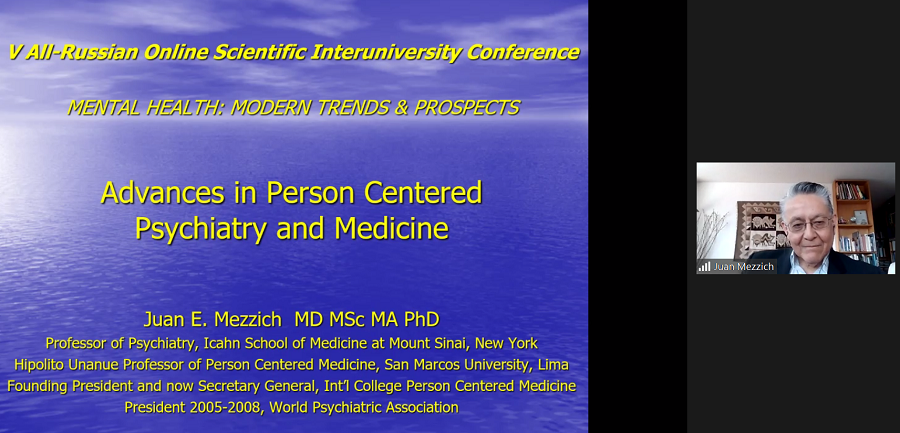A HIGH EDUCATIONAL INFORMATION SHEET ON “MENTAL HEALTH IN THE WORKPLACE” RELEASED BY WHO
The World Health Organization posted on its official website an extremely educational information sheet on one of the most vital problems of the contemporary society: “Mental health in the workplace”. The report features the key facts on the problem, an overview, information on the work-related risk factors for health, creating a healthy workplace, supporting people with mental disorders at work and the WHO response.
Employers and managers can help create a healthy workplace where workers and managers actively contribute to the working environment by:
- Allowing for flexible working hours or telecommuting as necessary;
- involving employees in decision-making;
- creating programmes for career development of employees; and
- recognizing and rewarding the contribution of employees.
Employers that have initiatives to promote mental health and support employees in the workplace see gains not only in the health of their employees but also in their productivity at work.
Key facts
- Work is good for mental health but a negative working environment can lead to physical and mental health problems.
- Depression and anxiety have a significant economic impact; the estimated cost to the global economy is US$ 1 trillion per year in lost productivity.
- Harassment and bullying at work are commonly reported problems, and can have a substantial adverse impact on mental health.
- There are many effective actions that organizations can take to promote mental health in the workplace; such actions may also benefit productivity.
Overview
Globally, more than 300 million people suffer from depression, the leading cause of disability, with many of these people also suffering from symptoms of anxiety. A recent WHO-led study estimates that depression and anxiety disorders cost the global economy US$ 1 trillion each year in lost productivity. Unemployment is a well-recognized risk factor for mental health problems, while returning to, or getting work is protective. A negative working environment may lead to physical and mental health problems, harmful use of substances or alcohol, absenteeism and lost productivity. Workplaces that promote mental health and support people with mental disorders are more likely to reduce absenteeism, increase productivity and benefit from associated economic gains.
This information sheet addresses mental health and disorders in the workplace. It also covers difficulties that may be created or exacerbated by work such as stress and burnout.
To read the full text of the “Mental health in the workplace” information sheet, please follow the link.










